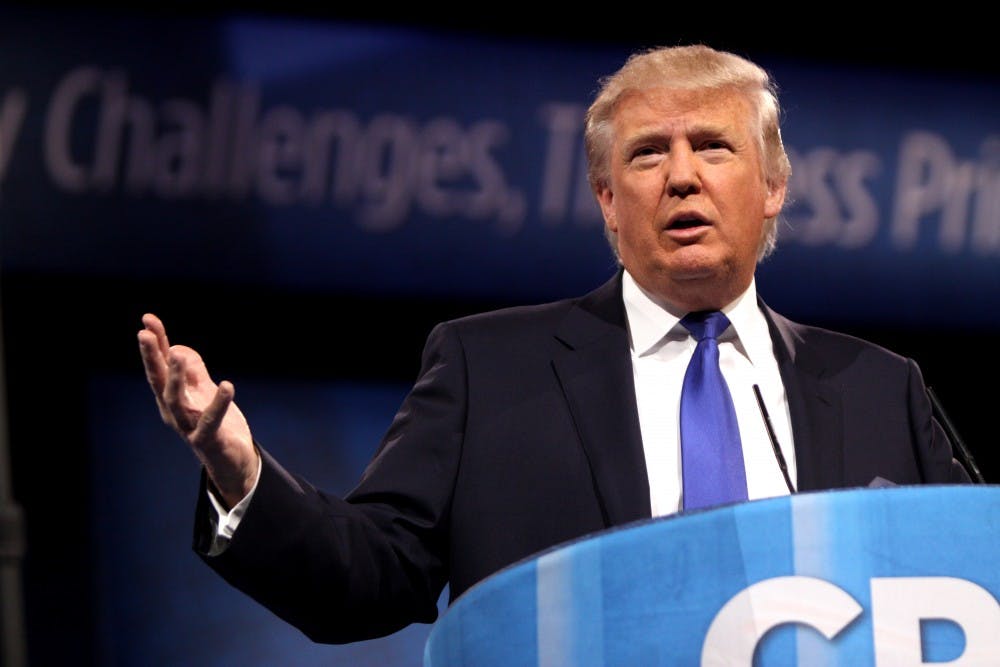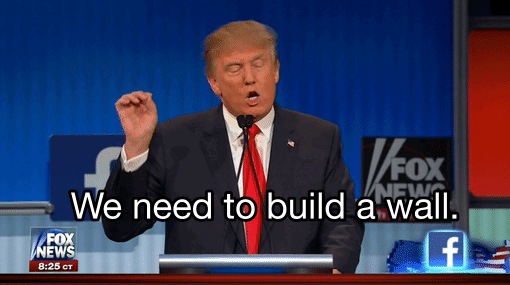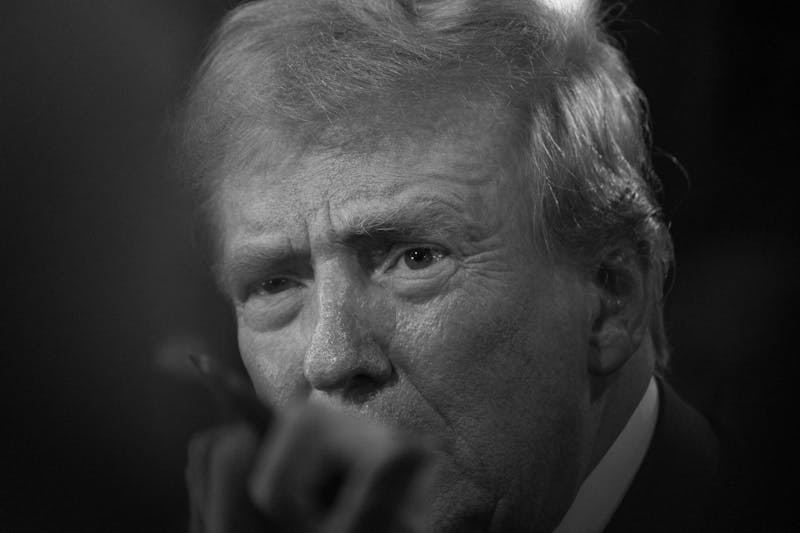
Annenberg Professor Barbara Zelizer found that soundbites, such as those made by presidential candidate Donald Trump, may not be as harmful as many believe. | Courtesy of Gage Skidmore/Creative Commons
For any political observer, Donald Trump’s sound bites have become as familiar as his rising poll numbers: build a wall, make America great again, our politicians are stupid. With the advent of tweets, GIFs and memes, it’s become even easier to qualify political information into granular bits.

The traditionalist would argue that this simplification of political discourse is destructive, but political communication experts beg to differ.
“We get a little bit hysterical and a little bit reactive when we see things that seem to be somewhat less rational, more emotional [and] more visual,” Annenberg professor Barbie Zelizer said in a description of GIFs. “If it makes us care about it, if it perks our interest, then that’s achieved half the game.”
Kathleen Hall Jamieson, the director of the Annenberg Public Policy Center, agreed.
“Policy itself is always complex, but there are facets of the process which lend themselves to simple, digestive statements,” she said. Candidates gain an advantage by simplifying their policy prescriptions into audience-friendly phrases.
Sound bites aren’t new to the political scene, but have recently adapted to modern social media in the form of tweets and GIFs.
Jamieson noted that a Twitter feed, for example, eases the job of a reporter in following a candidate and therefore holds him more accountable.
St. Joseph’s University history professor Randall Miller, who has studied local politics for decades, said the purpose of a sound bite is to grab people’s attention with something they are going to repeat.
“A sound bite was almost made for Twitter even before there was Twitter,” Miller said.
He added, “The idea is that you’re not going to be content with just one tweet, but the tweet is going to lead you to something [more].”
1968 Wharton graduate and Republican presidential candidate Donald Trump thrives off sound bites and has almost disregarded the media entirely as a result.
“He thinks he’s more powerful than the media itself,” Miller said.
Trump’s social media presence enhances his persona in the public eye by eliminating any intermediary between his supporters and him.
“He has a better sense of the public consciousness, or how most people respond to television or radio, or even now social media, than most of the other candidates,” Miller added.
GIFs are the newest sound bite to the political scene, “an instrument of the current conditions,” as Zelizer described them.
She noted that it would be troublesome if these condensed forms of news agents were the only ones accessible, but they are just part of a grander universe of accessible information.
“The news began as a kind of enterprise for the elites, so it’s always been about broadening access,” she said. “It’s always been about how to get more people into the conversation.”
Skeptics still say that GIFs remove substance and clarity from political debates, emphasizing small bits of entertainment. Zelizer said the problem was overstated.
“You can’t really know what’s going on behind Donald Trump’s weird-face-making on a GIF unless you know about the debate that preceded it,” she said. “It is necessary to put these in the context of personal knowledge in order to understand.”
GIFs may be the vehicle to get people interested in the news.
“If GIFs are bringing the campaign to your social media platforms, then it kind of stands to reason that that would also generate more political interest,” she said.
The Daily Pennsylvanian is an independent, student-run newspaper. Please consider making a donation to support the coverage that shapes the University. Your generosity ensures a future of strong journalism at Penn.
DonatePlease note All comments are eligible for publication in The Daily Pennsylvanian.







